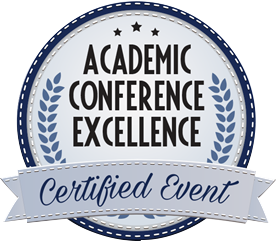Prakash Gyawali
Surybinayak Municipality, Nepal
Title: Solid waste management in response to global warming and climate change in suryabinayak municipality, Bhaktapur district, Nepal
Biography
Biography: Prakash Gyawali
Abstract
An environment pollution and climate change happened due to greenhouse gases (GHG) emission. As we know most of the anthropogenic emission of GHG results from the combustion of fossil fuels but we should also know that environmental concerns such as waste management also contribute to Global Warming. The solid waste management is based on an understanding of MSWs composition and physiochemical characteristics. The results show that organic matter represents 69% of waste, followed by paper-cardboard 7%, plastic 8%, miscellaneous 13%, metal 1%, and glass 2%. The major source of GHG from landfill sites which produce significant methane and carbon dioxide gas. The main impact of the methane is on a global scale, as a greenhouse gas. Although levels of methane in the environment are relatively low, its high “global warming potential” (21 times that of carbon dioxide) rank it amongst the worst of greenhouse gases. The main cause to increase atmospheric temperature due to high production of GHG (CH4, CO2 & N2O etc.).GHG mitigation measure in the waste includes source reduction through waste prevention, recycling, composting, waste to energy incineration and methane capture from landfills and wastewater. Specific mitigation option includes the use of 3R principle; waste segregation, reduction at the source; composting anaerobic digestion for biogas; sanitary landfill sites with methane capture; healthcare waste management; proper statutory framework; public participation; private sector partnership; tax waiver for recycling enterprises; and financial management. Regulation is required to ban recyclable waste in the landfill. This paper focuses on waste-to-energy and especially its current status and benefits, with regard to GHG, renewable energy production and slurry management on basis of experience in Nepal.

